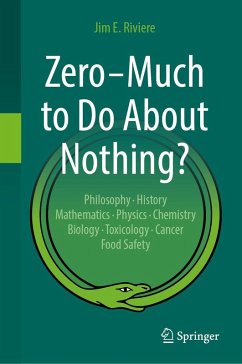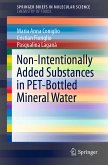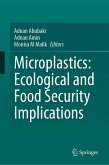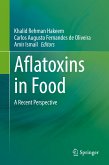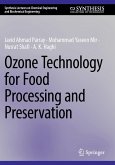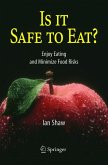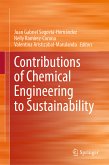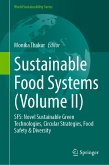This book explores the origin of the concept of "zero" in mathematics, physics, chemistry and statistics and how these concepts migrated to fields such as pharmacology, toxicology, cancer research and food safety, as well as to the legal profession in the form of regulatory science and policy. Specific chapters deal with the application of "zero" to these distinct fields. The main focus throughout the book is to illustrate how important context is to the definition of "zero". This has assumed greater relevance today with the advent of nanoscience where "small" implies different physical and chemical behavior and the use of artificial Intelligence to analyze vast troves of data from the web. The goal of the book is to provide much-needed clarity about "zero" and break down the many issues preventing it. Riviere expertly explains how the concept of "zero" is essential to a wide range of issues, from defining negligible amounts of a substance to determining the safety of a product or process. He shows how the term "zero" can have different meanings in different fields and how this can lead to confusion and misunderstandings among scientists, practitioners and regulators. Whether you're working in Food Safety, Chemistry, Pharmacology, Mathematics, Physics or beyond, Zero - Much to Do About Nothing? is a relatable book that will deepen your understanding of the concept of "zero" and its diverse applications.
Dieser Download kann aus rechtlichen Gründen nur mit Rechnungsadresse in A, B, BG, CY, CZ, D, DK, EW, E, FIN, F, GR, HR, H, IRL, I, LT, L, LR, M, NL, PL, P, R, S, SLO, SK ausgeliefert werden.

